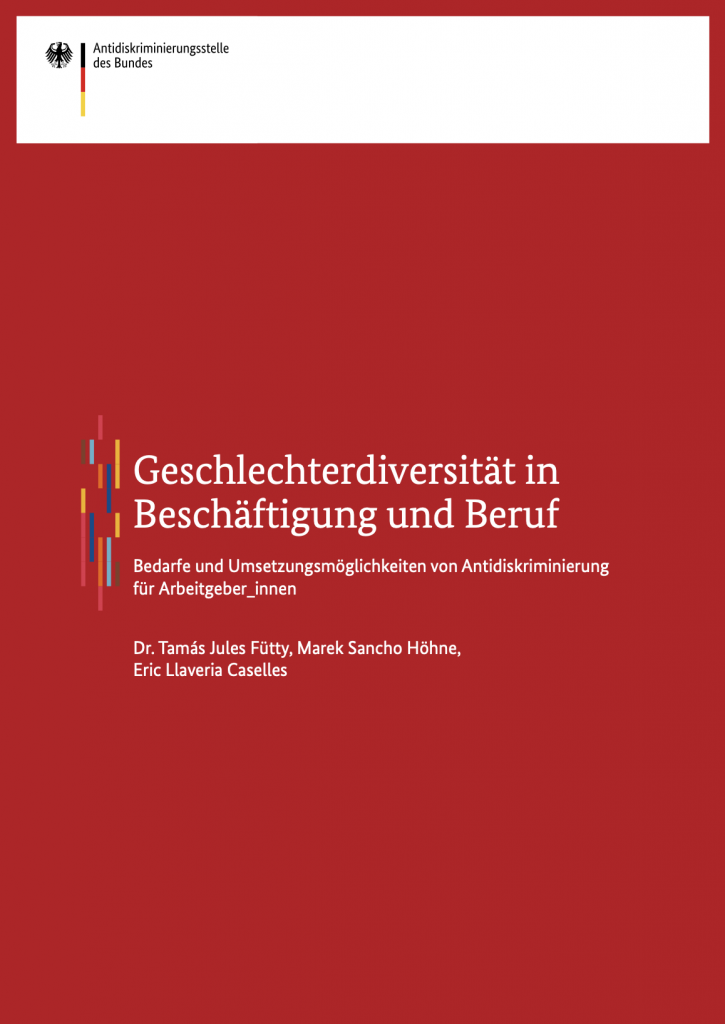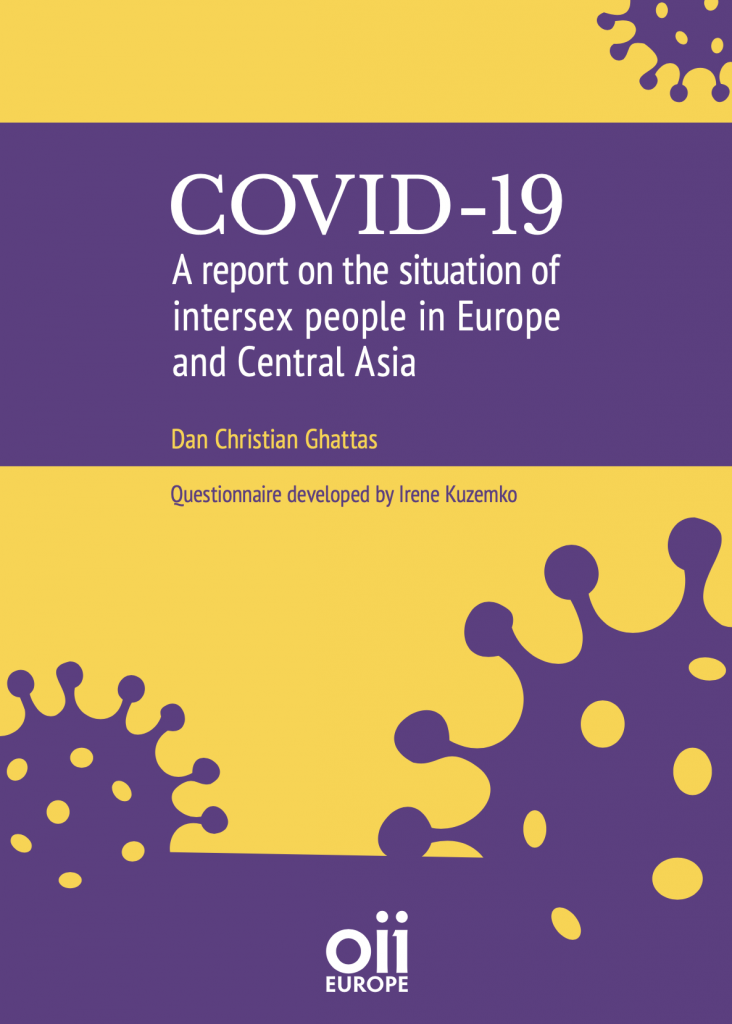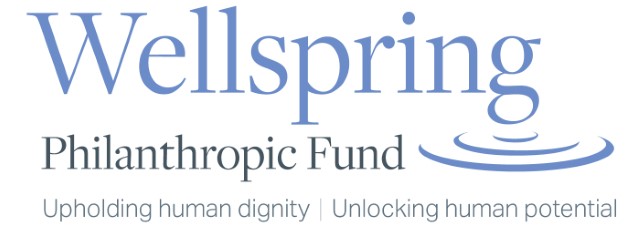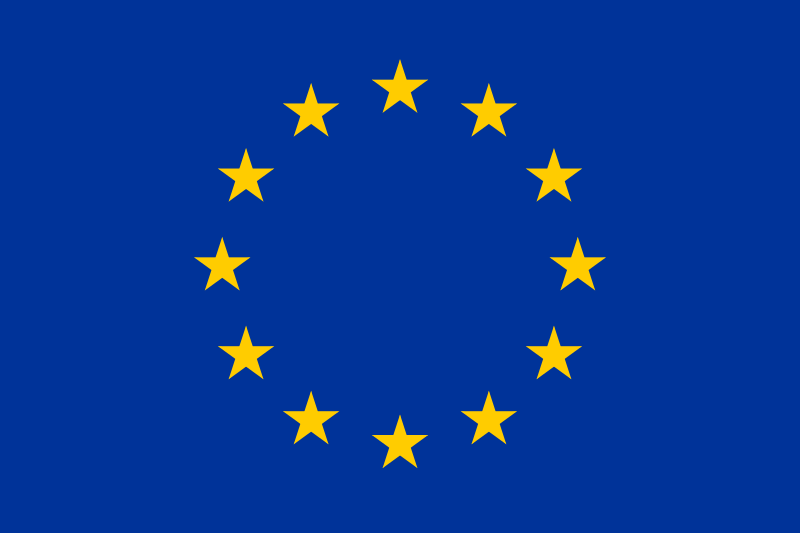Employment, Social Equality and Justice
Intersex people are belonging to the most vulnerable and marginalized groups in our society. This is also true in regards of their socio-economic situation: Ongoing discrimination, stigmatisation and the consequences of human rights violations is preventing intersex people from experiencing full equality in the area of employment.
As survivors of medical harmful practices that often lead to live-long health problems, in a society that still does not recognize, protect or value intersex people as humans with the same basic human rights as everyone else, intersex people are at risk to not be fully able to participate in the labour market, negatively affecting their economic prospects, their housing situation, their work and other areas of social equality and justice.
Please check also our infographics on how intersex people in Europe face housing and economic difficulties, based on the findings of the FRA LGBTI Survey 2019 data explorer.
The Commission will gather evidence regarding the barriers to full equality experienced in employment, but also in other areas, such as social protection. This work will feed into guidance for Member States and businesses on enhancing trans and intersex people’s participation in the labour market.
European Commission LGBTIQ Equality Strategy 2020-2025
INTERSEX PEOPLE FACE DISCRIMINATION IN JOB SEARCH AND EMPLOYMENT
When it comes to job search and employment, intersex people are one of the most vulnerable groups within the LGBTQI spectrum. Challenges faced by intersex people in school often continue into their working life, perpetuating taboo, secrecy and shame. They can be victims of direct or indirect discrimination and harassment because of their physical appearance or gender expression.106
When applying for a job, intersex people might need to explain gaps in their education or employment history, resulting from times when they were hospitalised or when they were not able to work due to depression or trauma.107
Employee medical checks can be extremely difficult for intersex people, especially when the medical practitioner in charge is not educated about the existence of intersex individuals or considers intersex people to have a “disorder of sex development”.108 This is often exacerbated by trauma associated with having to undergo a medical examination.109
Once they secure employment, intersex people have reported intrusive curiosity about their bodies from their co-workers, or, when they opened up, disbelief and rejection. Just as in education, the strain of discrimination and stigmatisation may lead to higher absence rates, increasing the risk of intersex people losing their jobs.110
Some intersex people have obtained a disability status due to the physical impairments they have as a result of unconsented surgeries and other medical interventions. Depending on the country, this status can offer some protection; however, it can also come at the cost of additional discrimination and stigma as a persons with disabilities.111
WHAT TO DO?
Important steps towards guaranteeing intersex people’s full access to employment and protection from discrimination in work life are to:
- add the ground of “sex characteristics” to all anti-discrimination legislation and other equal treatment provisions in the area of job-search, training and employment.
However, these legal measures are not enough; as long as intersex people face human rights violations, invisibility, lack of education, taboo and shame, as well as structural and other discrimination in their everyday life, their capacity to work and develop their skills to their highest potential will still be significantly impaired. Therefore, legal measures in the area of employment must be accompanied by measures that increase the general capacity of intersex people to participate in work life as fully accepted members of society. Among these are:
- general awareness-raising measures with the general public.
- informing trade unions and work councils about the existence of intersex people and establishing training measures on discrimination intersex people may face at the workplace.
- informing medical officers and company physicians about the existence of intersex people and establishing obligatory, human rights-based trainings on specific needs intersex people may have, especially in regards to medical examinations.
Employers’ Guide to Intersex Inclusion
Please also check this publication by our collegues of IHRA (formerly OII Australia) and their resourceful webpage on workplaces: https://ihra.org.au/workplaces/
“About this Guide
Making your business intersex-friendly is different to supporting same-sex attracted, transgender or gender diverse people. It means changing your language and frame of reference.
This guide for employers, business managers, Diversity and HR Professionals aims to introduce intersex and provide practical assistance to help build intersex inclusive practice. It is mostly aimed at employment practice, but much of the material will also help build inclusive service delivery.
This guide references ‘LGBTI’, this is an acronym that brings lesbian, gay, bisexual, transgender and intersex communities together as a human rights movement, it should be noted that not all people with intersex variations identify with this.”
– Employers’ guide to intersex inclusion. Written by Morgan Carpenter and Dawn Hough, 2014
Employment and non-binary gender markers – an example from Germany:
Since a third gender marker (“open / undefined”) had been implemented next to the binary genders male/female in 2013, followed by a fourth positive or affirmative gender marker called “diverse” in 2018, Germany now has to take action in regards of non-discriminatory measures to ensure equality for persons with another gender marker than male/female in the labour market.
Both new gender markers are not available for everyone but instead require a medical certification of having a “variant of sex development” and thus excludes trans* and non-binary persons without such pathologizing certificate. (See also our press release on this missed chance of Germany to base the new gender marker law on human rights.)
The German Federal Anti-Discrimination Agency recently (2020) published the following German study “Gender diversity in employment and occupation. Needs and implementation possibilities of anti-discrimination for employers”,**, that aims to show employers the need for action and exemplary options for anti-discrimination and inclusion of gender-diverse people (intersex, trans* and non-binary people) in key areas of work and employment.
** translated from German by OII Europe
See: Fütty, Tamás Jules; Höhne, Marek Sancho; Llaveria Caselles, Eric (2020): Geschlechterdiversität in Beschäftigung und Beruf. Bedarfe und Umsetzungsmöglichkeiten von Antidiskriminierung für Arbeitgeber_innen. Herausgegeben von der Antidiskriminierungsstelle des Bundes. Berlin.

Financial and Housing Situation during the COVID-19 pandemic
The pandemic is impacting on many people’s economic situation and financial stability across the globe. Intersex people and their families are no exception. In fact, as the FRA LGBTI Survey II showed, intersex people are among the most vulnerable group in regards to their financial and work situation: 51% of intersex respondents of the 2019 FRA LGBTI Survey II confirmed that their household’s total income makes making ends meet difficult and of the 29% of intersex respondents stating that they experienced housing difficulties, 37% said that this happened due to financial problems and insufficient income.
The findings of the OII Europe Covid-19 survey show that the situation may have been aggravated during the pandemic: 41% of all survey respondents stated that their financial situation has become worse during and as a result of the pandemic. 21% reported experiencing severe income reduction, almost half of which are struggling to survive. Furthermore, 30% of the survey participants stated that they have to spend more money during the pandemic than they usually do, including for increased medical bills and some stated that they had to move out because they were not able to afford their rent anymore due to the pandemic. Some participants reported that they had to move back in with their families due to the loss of income.
DSD
“Disorder of Sex Development (DSD)” is a medical umbrella term, which was introduced in 2006 by a Clinician Consensus Statement. Together with new categories of “syndromes”, it replaced the older medical terms. Some clinicians use DSD to stand for “differences of” or “diverse” sex development. However, in all its forms the term pathologises healthy variations of sex characteristics and refers to intersex sex characteristics as characteristics that are “deviant” from the norm of male and female bodies and thus need to be “disambiguated” or “fixed”. The term “DSD” does not align with human rights standards, and is only used in this document*** and the accompanying appendix in direct quotations or when referring to medical concepts that use the term.
[Another pathologizing version is “Variant(s) of Sex Development”.]
*** “Protecting Intersex People in Europe: A Toolkit for Law and Policy Makers”
Footnotes*
106 Findings of unpublished qualitative interviews conducted with intersex people living in Berlin (Dan Christian Ghattas, Ins A Kromminga (2015)); see also: The Netherlands Institute for Social Research (2014), p. 49; see also testimonials of intersex people in the only existing employer’s guide to intersex inclusion in: M. Carpenter, D. Hough (2014): Employers’ Guide to Intersex Inclusion. Sydney: Pride in Diversity and Organisation Intersex International Australia, p. 16-17 https://ihra.org.au/wp-content/ uploads/key/Employer-Guide-Intersex-Inclusion.pdf
107 See: M. Carpenter, D. Hough (2014), p. 20.
108 This term does not align with human rights language. For more information, see also “Protecting Intersex People in Europe: A Toolkit for Law and Policy Makers”, textbox on p. 8 [or textbox “DSD”]
109 See also “Protecting Intersex People in Europe: A Toolkit for Law and Policy Makers”, chapter on Health, p. 23.
110 See: The Netherlands Institute for Social Research (2014), p. 56.
111 See: OII Europe (2014): Statement of OII Europe on Intersex, Disability and the UN Convention on the Rights of People with Disabilities, p. 12 https://www.oiieurope.org/wp-content/uploads/2015/05/CRPD_2015_ Statement_OII_Europe.pdf; see also: Intersex Russia (2016), p. 41.
* The footnotes follow the numbering of those found in the legal toolkit “Protecting Intersex People in Europe: A Toolkit for Law and Policy Makers”
last updated: 18.02.2021













